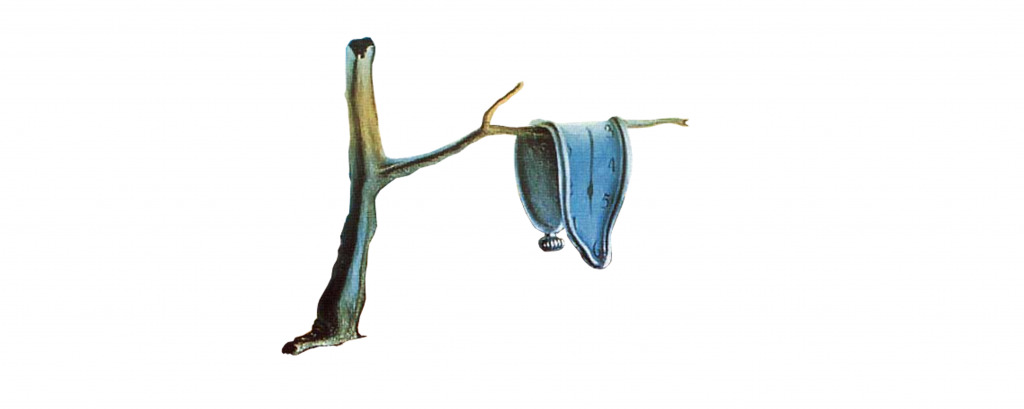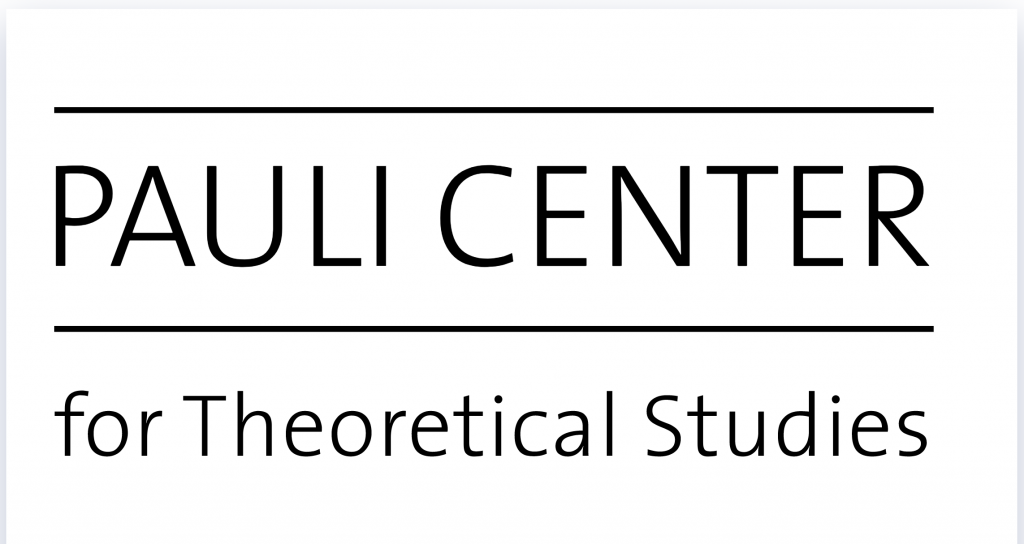UPDATE: Given the success of the 2021 conference, the saga continues with Time in Quantum Theory 2022 in Vienna this September!
The topic of time in quantum mechanics is having a renaissance, partly fueled by the development of new tools in other areas, such as quantum information theory. Time can be a rich and rewarding area of study, with questions spanning a wide spectrum. There are foundational issues to solve: what is time? There are practical questions such as: how accurate as a function of appropriate parameters can clocks be? How can developments in clocks be useful to the wider quantum information theory community?
Scope: the workshop Time in Quantum theory: from mathematical foundations to operational characterization covers various fields from different communities who would not usually meet. The main two areas are:
1) Fundamental limitations to time keeping: how accurate can clocks be as a function of appropriate physical parameters? This includes but is not limited to, theoretical models for clocks, metrology and quantum information theory, thermodynamics.
2) Foundational aspects of time: what can/do philosophy and quantum foundations say about time? How does this reflect itself in theoretical models?

The workshop will consist of invited talks by experts in various aspects of quantum resource theories as well as contributed talks, poster sessions, and extended discussion sessions.
Dates and format
The workshop will be held in a hybrid online/in-person format starting on Monday, 30th of August till Friday, 3rd September, 2021. See here for more information.
For those of you interested in foundations, the workshop will be held the week before the Vienna foundations conference, which will take place online.
Invited speakers
- Martin Bojowald (Pennsylvania State University, theory)
- Časlav Brukner (University of Vienna, theory)
- Costantino Budroni (University of Vienna, theory)
- Fay Dowker (Imperial College London, theory)
- Nicolas Gisin (University of Geneva, theory)
- Lucien Hardy (Perimeter Institute, theory)
- Philipp Hoehn (University College London, theory)
- Adrian Kent (University of Cambridge, theory)
- Lorenzo Maccone (University of Pavia, theory)
- Gaetano Mileti (University of Neuchatel, experiment)
- Matthew Pusey (University of York, theory)
- Norman Sieroka (University of Bremen, philosophy)
- Alexander R. Smith (Saint Anselm College and Dartmouth College, theory)
- Sergii Strelchuk (University of Cambridge, theory)
- Yuxiang Yang (ETH Zurich, theory)
- Jun Ye (University of Colorado Boulder, experiment)
Organizers
Mischa Woods (ETH Zurich)
Victor Gitton (ETH Zurich)
Funder
We thank the Pauli Center for Theoretical Studies for funding this workshop.

